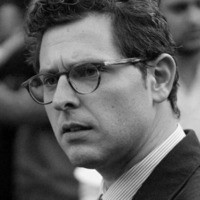
Tech Behind Bars
What can social media do for you when you’re in the clink?
-
Inside The Prison System's Illicit Digital World
Inmates technically aren’t permitted to have cell phones. But social media services are chock full of posts made from inside.
-
After Years Behind Bars, Can Prisoners Re-Enter A Digital World?
Prisoners emerge not being familiar with smartphones, Spotify, and all sorts of ways that technology now governs how we live and work.
-
Can Technology and Prisons Get Along?
A pilot program will allow prisoners to access an intranet on tablets they rent with their commissary accounts. Will it help?







